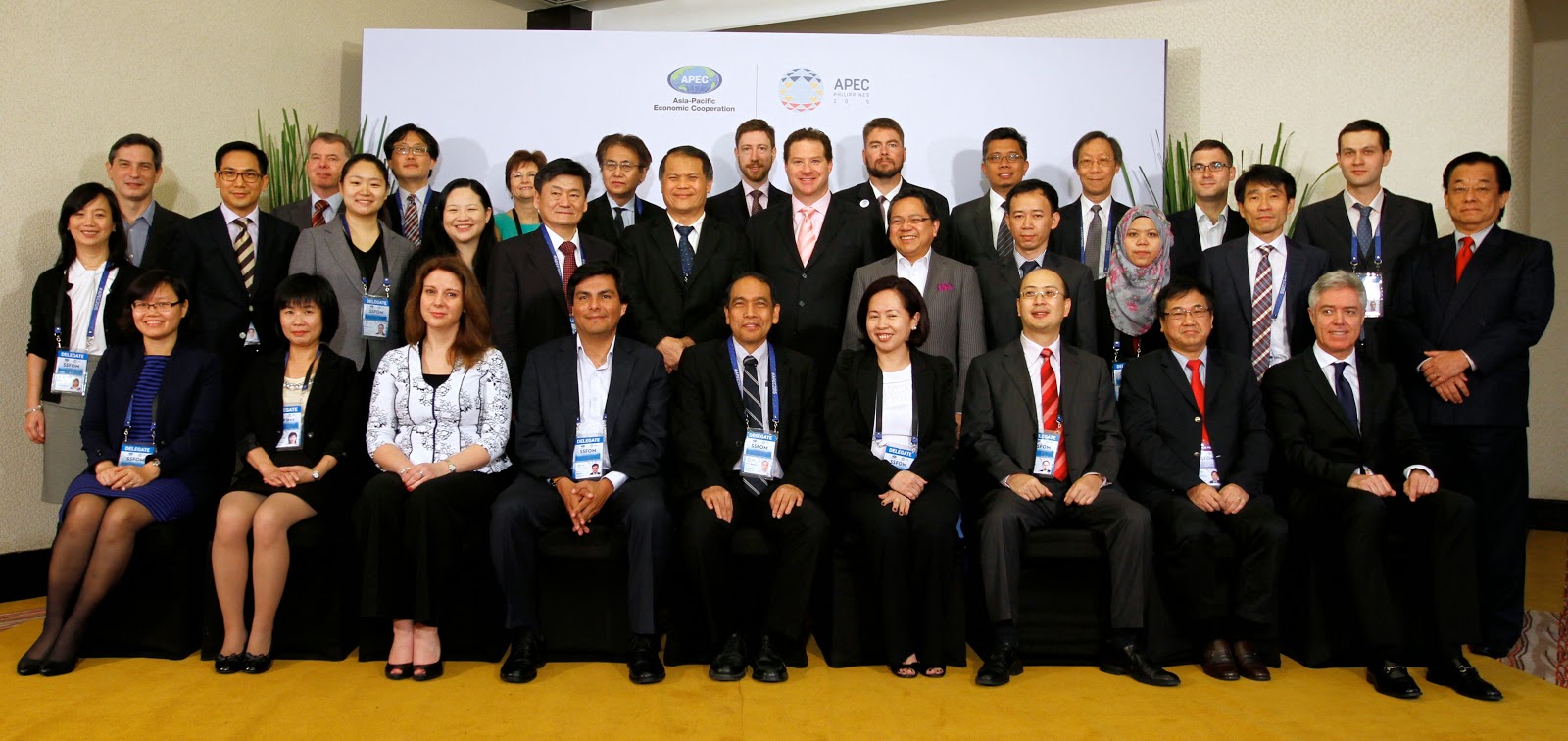MANILA-While the Association of Southeast Asian Nations (ASEAN) Economic Integration brings many opportunities—free flow of goods, services, investment capital, education and skilled labor—there are key challenges that the region needs to overcome in order to achieve sustainable and inclusive growth, Senator Loren Legarda today told youth leaders and student participants of the ASEAN Youth Summit 2015 at the De La Salle University Manila.
“As we pursue the pathway that will bring the economies and people of ASEAN under a single economic community, we also have to be mindful of some obstacles and challenges that hound the people of the region such as the issues of poverty eradication, income distribution and equality, high infant and child mortality rate, poor sanitation, among others,” Legarda stressed.
She added, “The agenda of poverty eradication is one of the goals of ASEAN, and yet, nearly 50 years after its creation, almost 13% or 76 million of the region’s people continue to live below the World Bank’s international poverty line of US$1.25 a day.”
Legarda pointed out other concerns—more than one third of the region’s people have no access to improved drinking water sources; about 415 infants die each day in the region; and income distribution and equality concerns abound as evidenced by the fact that GDP per capita across ASEAN countries can be as low as 800 US Dollars to a high of 49,000 US Dollars.
“The words ‘ASEAN Economic Community (AEC)’ invite optimism, but they also evoke a sense of uncertainty and even fear for some. Much work obviously needs to be done in order that this community that we all seek to build will be relevant and will help usher in a higher quality of life for our people,” she said.
Legarda, Chair of the Senate Committee on Climate Change, also said that resilience and sustainable development should be at the core of the AEC, stressing that, “We must realize that we are living in a world with finite resources and yet generations have lived over the centuries like there is no tomorrow. If we truly want the ASEAN Economic Community to be successful, we must learn to co-exist with our environment.”
She added that disaster risk reduction and climate change adaptation must be linked with local, national and regional development planning.
“The ASEAN Community is geographically located in one of the most disaster prone regions of the world. Moreover, climate change has already made its presence felt in our region and in our respective countries. It is a must that development policies should promote effective risk reduction towards sustainable and resilient growth,” said Legarda.
